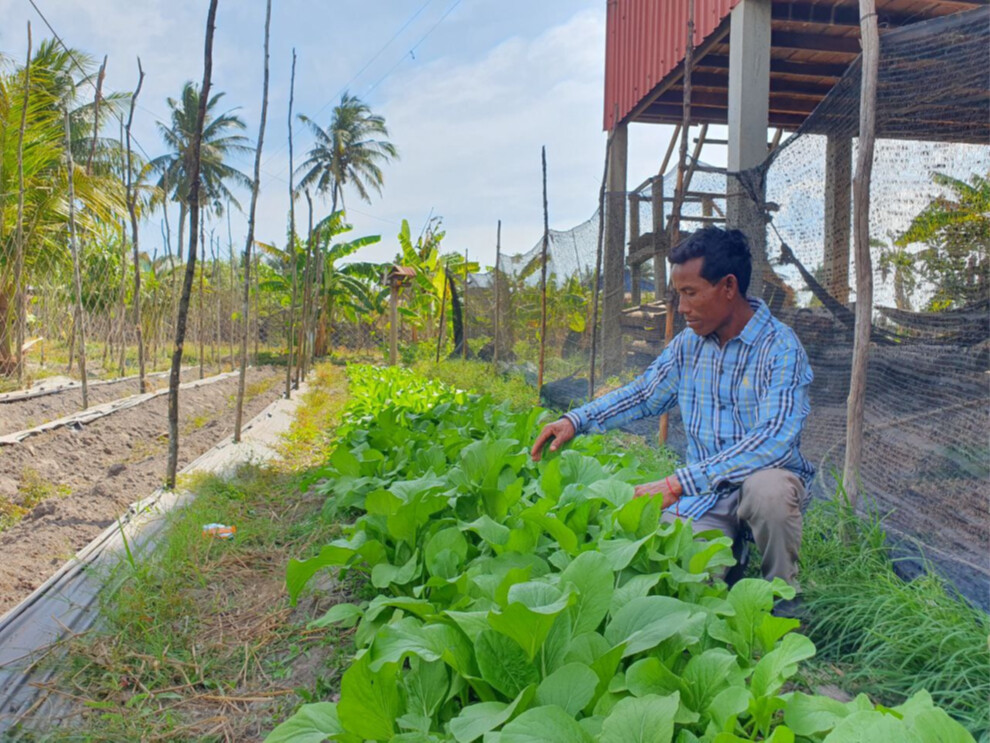Reacting to the “Emirates Declaration on Sustainable Agriculture, Resilient Food Systems and Climate Action” launched by the COP28 Presidency today, Teresa Anderson, ActionAid International’s global lead on climate justice, says:
“Industrial agriculture is the second largest source of global greenhouse gas emissions, largely due to its reliance on fossil-fueled fertilizers and its role in driving deforestation and factory farming of livestock. At the same time, agriculture is the sector most vulnerable to climate impacts. As corporations have taken control over our most basic human needs, the world’s food systems have become complicit in their own destruction.
“Today’s launch of the Emirates Declaration by the COP28 presidency is a missed opportunity to take the bull by the horns when it comes to agriculture. A focus on smallholder farmers and greater integration between climate and agriculture strategies are to be welcomed. However, the Declaration’s blend of generic and inoffensive commitments does not diagnose or address the issues that drive injustice, vulnerability, and climate change in our food systems. The emphasis on so-called ‘innovation’ and international trade risks casting exploitative industrial agribusiness corporations as the solution instead of the problem.”
Tristan Quinn-Thibodeau, Senior Campaigner for ActionAid USA, said:
“The industrial model of agriculture – which was only developed in the 20th century – has been a major driver of both the climate crisis and the biodiversity crisis due to the environmentally destructive farming techniques, fossil fuels, and toxic chemicals it requires. Yet this Declaration makes no mention of the deep and fundamental problems of industrial agriculture and does not acknowledge that our agricultural system must evolve beyond it.
New science, as well as the work and practice of smallholder rural communities around the world, are showing that smaller-scale food systems based on ecological principles can be more productive and more resilient than industrial agriculture while also providing better incomes for food producers and ensuring food security and nutrition. It is through scaling up and scaling out ecological agriculture that centers small-scale producers that we can ensure the right to food now and into the future.”
ENDS
For media requests, please email Christal.James@actionaid.org or call 704 665 9743.
Spokespeople are available:
- Tristan Quinn-Thibodeau is currently here in the U.S. and available for interviews.
- Teresa Anderson is at COP28 and available for interviews and media engagements.
About ActionAid
ActionAid is a global federation working with more than 15 million people living in more than 40 of the world’s poorest countries. We want to see a just, fair, and sustainable world in which everybody enjoys the right to a life of dignity and freedom from poverty and oppression. We work to achieve social justice and gender equality and to eradicate poverty.

